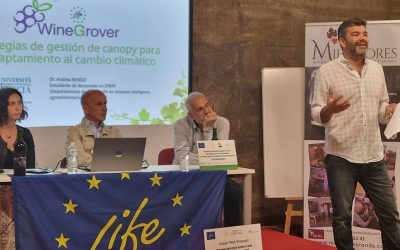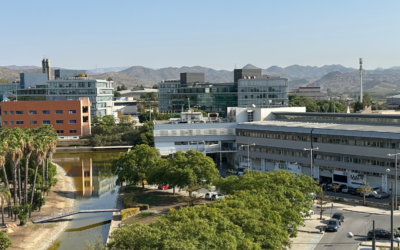CENIT 2.0 Develops an Intelligent Planning and Operation System for Energy Communities
CENIT 2.0 builds on the tools developed from its first phase (CENIT 1.0) to further research and develop an integrated system for intelligent planning and operation for energy communities, based on the digitalization of energy.
January 30, 2024
In this second phase, the project focuses on researching, developing, and programming analytical models using artificial intelligence. The goal is to optimize photovoltaic production planning models and the application of energy resources within energy communities, ensuring these assets are efficient in terms of both energy and costs.
Therefore, CENIT 2.0 aims to enable SMEs to automate the planning and installation of small-scale solar photovoltaic projects in homes, businesses, and local administrations looking to join an energy community. It seeks to simplify the planning of solar resources and the storage of surplus energy.
The project development involves the collaboration of the Ricardo Valle Innovation Institute Foundation, TDconsulting, Logikers, the University of Málaga, and the Smart City Cluster. It is funded by the Ministry of Industry, Commerce, and Tourism as part of the AEI support program, with collaboration from the European Union through Next Generation EU funds, under the Recovery, Transformation, and Resilience Plan.
For more details and information on the project, click here.
+ Related post
Know the advantages of being associated
Smart City Cluster enhances collaboration among its partners, favoring research, development and innovation in the different solutions and technologies aimed at the development of smart cities.
Smart City Cluster is an alliance of private companies and institutions that work for the development of smart cities.



